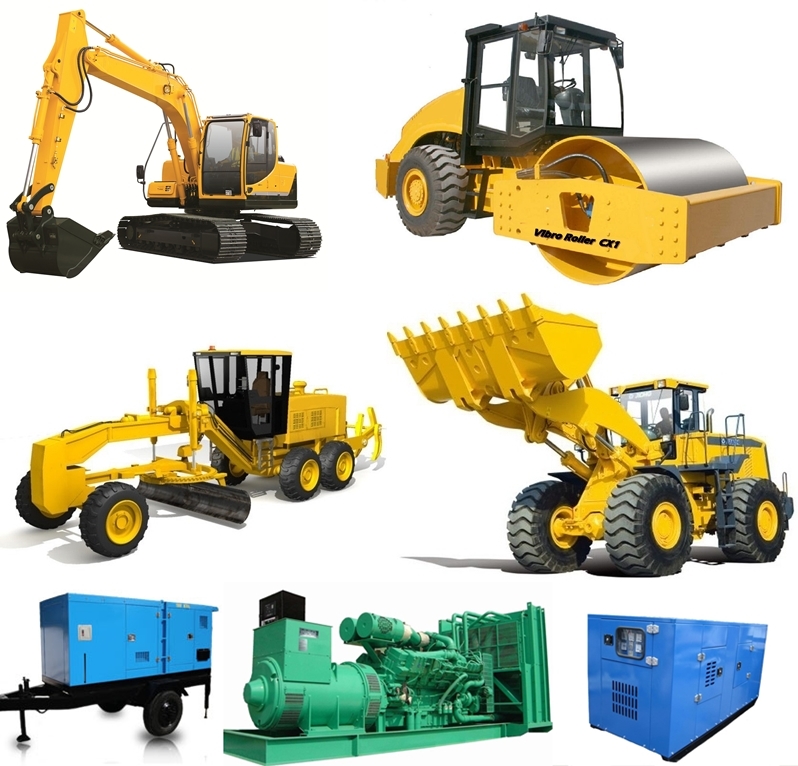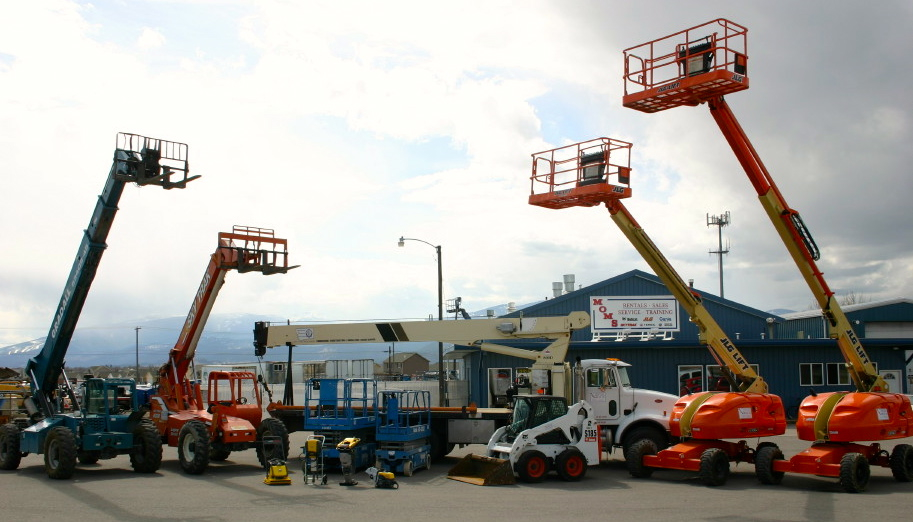Heavy Equipment Rental: Large Equipment for Any Construction Task
Heavy Equipment Rental: Large Equipment for Any Construction Task
Blog Article
Maximize Your Budget by Understanding the Costs Connected With Construction Equipment Services
Recognizing the full extent of costs associated with construction tools leasings is essential for optimizing your spending plan. What techniques can be utilized to properly take care of these expenses and ensure a much more efficient rental experience?
Introduction of Rental Expenses
When taking into consideration building devices leasings, comprehending the connected expenses is vital for efficient budgeting and job planning. Rental prices can differ significantly based upon a number of aspects, including devices type, period of rental, and place. The first rental cost often mirrors the devices's market demand and its linked functional abilities, influencing the overall cost.
Along with the base rental price, supplementary costs might develop, such as transport costs, fuel surcharges, and upkeep fees. It is important to account for these extra expenditures to precisely examine the complete cost of renting tools. The rental period can affect prices; longer services may certify for discounted prices, while temporary rentals might sustain greater daily costs.

Break Down of Rental Prices
A thorough understanding of rental prices is important for contractors and task supervisors aiming to enhance their spending plans. Rental rates for building devices generally include several parts, consisting of base prices, time-based fees, and use charges.
Base prices are the core costs related to the service of the devices, frequently figured out by the kind and size of the machinery. These rates can vary substantially, affected by aspects such as equipment demand, schedule, and local market trends. Time-based costs, which may be daily, weekly, or monthly, offer to accommodate various job timelines and rental durations.
Additionally, rental prices may consist of use charges, which apply when equipment is utilized beyond a defined limit, making sure that the rental firm can represent wear and tear. Seasonal need changes can likewise affect rental rates, with peak building seasons typically regulating higher prices.
Moreover, recognizing the rental company's policies pertaining to upkeep and insurance policy can offer additional insight right into the general cost framework. By evaluating these components, contractors can make educated choices, making certain the selection of rental devices aligns with both job needs and spending plan restraints.
Added Fees to Take Into Consideration
Recognizing the complexities of added charges is important for professionals to manage their total leasing expenditures successfully. Past the standard rental prices, various extra charges can substantially affect the overall cost of equipment rental. These charges typically consist of delivery and pick-up charges, which can vary based upon range and logistics included in delivering the equipment to and from the job site.
Moreover, some rental business may enforce gas additional charges if the tools is returned with much less fuel than when rented. It is also vital to know possible cleaning costs, particularly for specialized equipment that needs comprehensive maintenance after usage.

Extensively evaluating the rental arrangement and clarifying these added fees upfront can aid professionals more information guarantee and prevent unexpected expenses that budget plans remain intact throughout the project lifecycle.
Repair And Maintenance Expenses
Routine upkeep and fixing expenses are usually ignored aspects that can significantly affect the general cost of building and construction devices rentals. When renting equipment, it is important to take into consideration not only the rental charges however additionally the potential expenses connected with maintaining the machinery in optimum operating condition.
Lots of rental firms include standard upkeep as component of the rental contract; however, extra comprehensive repairs or unexpected breakdowns can bring about additional expenditures. It's vital to review the rental agreement very carefully to understand what upkeep services are covered and what obligations fall on the occupant.
Furthermore, devices that is not well-kept can result in inadequacies on the job site, possibly enhancing and creating hold-ups job expenses. To alleviate these threats, it is a good idea to perform regular inspections and keep open interaction with the rental provider pertaining to any concerns that arise throughout use.
Insurance Coverage and Responsibility Costs
Insurance coverage and obligation expenses are important components that can significantly impact the general cost of construction devices services (mini excavator rental). These costs heavy duty cable stripping machine ensure that both the rental company and the customer are protected from prospective monetary losses emerging from accidents, damages, or burglary during the rental duration

Additionally, clients should understand any directory deductibles or exclusions in the insurance coverage plan, as these can affect potential out-of-pocket expenditures. Recognizing the conditions of any kind of insurance protection is vital to stay clear of unanticipated costs. Ultimately, budgeting for insurance and liability expenditures can aid ensure a smoother rental experience and shield against economic threats associated with building projects.
Final Thought
In conclusion, a comprehensive understanding of the costs associated with building and construction tools leasings is essential for effective budget plan administration. By examining rental prices, additional charges, upkeep expenditures, and insurance policy organizations, needs and individuals can lessen unanticipated expenditures. This critical method not only enhances cost-effectiveness but additionally makes sure that tasks progress efficiently and efficiently. Ultimately, educated decision-making pertaining to equipment rentals adds to the total success of building and construction undertakings.
Rental costs can vary considerably based on numerous elements, including equipment kind, duration of rental, and place (dozer rental). The rental duration can affect prices; longer services may certify for affordable rates, while short-term services may incur higher day-to-day fees
By carrying out complete research study and involving with reliable rental firms, contractors can successfully navigate the complexities of rental prices, eventually optimizing their monetary sources.
Past the typical rental prices, various additional costs can substantially impact the total cost of equipment leasing. Rental firms frequently give responsibility insurance coverage that covers injuries to 3rd parties or damages to building, while tools damages insurance coverage can cover the price of fixings or substitute if the rented out equipment is harmed.
Report this page